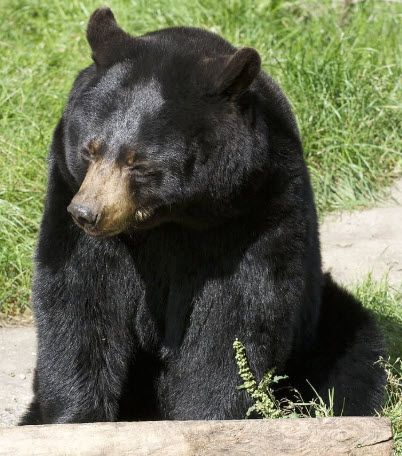
The presence of black bears in Ridgefield is growing with residents reporting sightings with increased frequency. Ridgefield Police recently reported a black bear walking on High Ridge Ave. and social media has been buzzing with photos of backyard bears! Disclaimer: I almost ran (yes ran) into a black bear on West Lane last week!
According to Connecticut's Department of Energy and Environmental Protection (DEEP), much of Connecticut’s landscape is now forested and is suitable for black bears.
"In wilderness settings bears usually avoid people. But food attractants near homes can cause them to grow habituated to humans and disturbances, such as dogs and other noises. Bears are attracted by bird feeders, garbage, outdoor pet food, compost piles, fruit trees, and berry-producing shrubs," CT DEEP says.
To avoid attracting bears, the CT DEEP recommends:
- Remove bird feeders from late March through November. If a bear visits a bird feeder in winter, remove the feeder.
- Wait until the morning of collection before bringing out trash. Add a few capfuls of ammonia to trash bags and garbage cans to mask food odors. Keep trash bags in a container with a tight lid and store in a garage or shed.
- Do not leave pet food outside overnight. Store livestock food in airtight containers.
- Do not put meats or sweet-smelling fruit rinds in compost piles. Lime can be sprinkled on the compost pile to reduce the smell and discourage bears.
- Thoroughly clean grills after use or store in a garage or shed.
- Never intentionally feed bears. Bears that associate food with people may become aggressive and dangerous. This may lead to personal injury, property damage, and the need to destroy problem animals.
- Encourage your neighbors to take similar precautions.
The DEEP warns: if you see a bear:
- Observe it from a distance.
- Advertise your presence by shouting and waving your arms or walk slowly away.
- Never attempt to feed or attract bears.
- Report bear sightings to the Wildlife Division, at 860-424-3011.